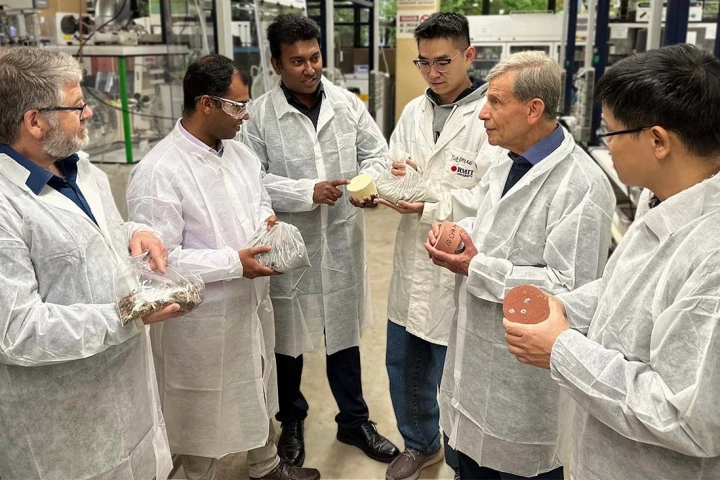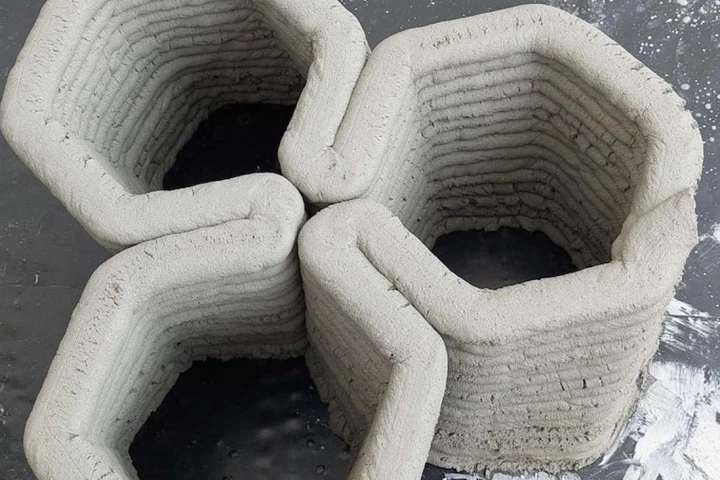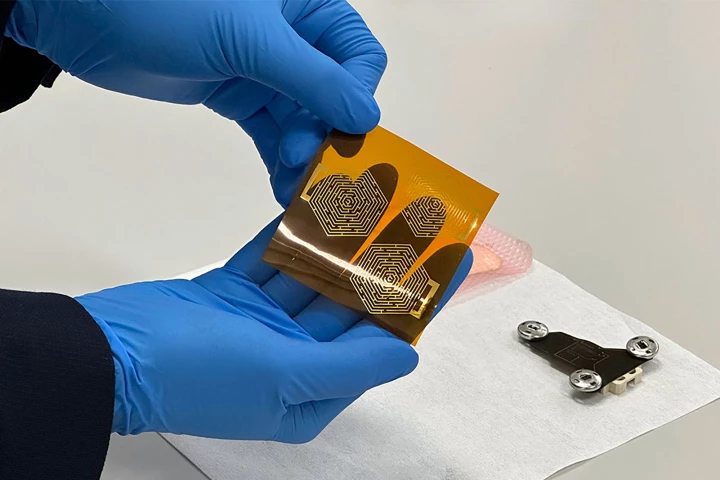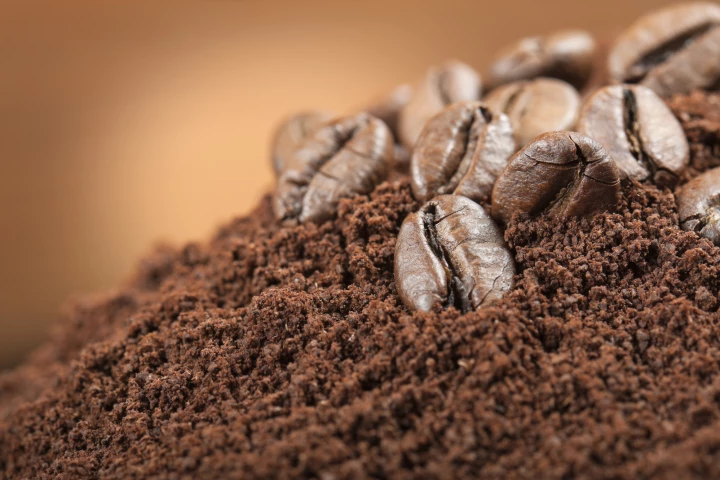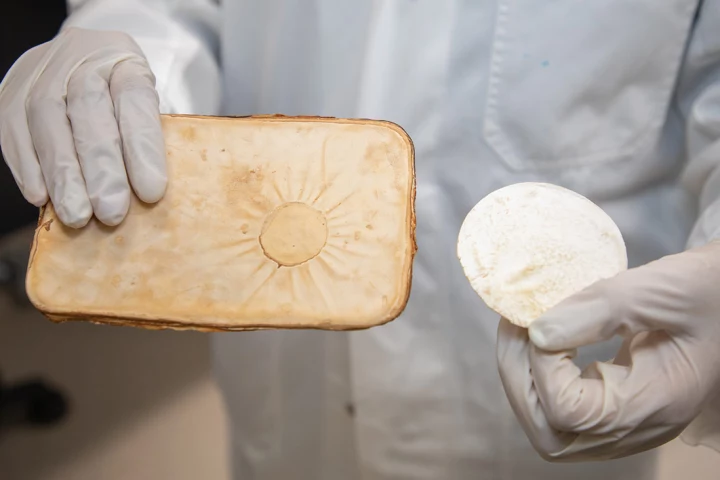RMIT University
-
Bricks made of discarded glass and recycling-waste ash have been shown to insulate better than regular bricks, while also requiring less energy to produce. And of course, they additionally use materials which would otherwise end up in landfills.
-
While there are already clothing materials that help keep wearers cool simply by allowing heat to escape, an experimental new fabric coating goes a step further. Utilizing a whole bunch of nanodiamonds, it actually draws heat away from the body.
-
3D-printed concrete structures are claimed to be faster and cheaper to build than their traditional counterparts, but they're not always as strong. That problem may soon be solved by adding a pinch of graphene oxide, which could also be used to detect cracks.
-
Cybersecurity is a growing concern as more critical infrastructure can be exposed to hacks. Now Australian engineers have developed and demonstrated a new technique called “ineffable cryptography,” which treats keys like the Coca-Cola secret formula.
-
Researchers have developed an ultrathin, waterproof, gel-free ECG electrode for continuous heart monitoring that offers greater comfort than current devices on the market, while still precisely measuring the heart’s electrical activity.
-
This year's Australian national Dyson Award winner tells us more about the bolt-on REVR retrofit kit he's developing, that aims to convert ICE cars to practical, efficient hybrids for less than US$3,200, taking less than a day to install.
-
Researchers have found that using nanoflakes of black phosphorus on wounds infected with drug-resistant superbugs not only kills the bugs, but accelerates wound healing. They say the innovative antimicrobial can be incorporated into common materials.
-
Inspired by dragonfly wings, researchers have developed a drug-free way to kill off drug-resistant microbes that commonly cause hospital-acquired infections. It's a novel and effective way of tackling the problem of antibiotic-resistant superbugs.
-
Researchers have made concrete 30% stronger by replacing a percentage of sand with spent coffee grounds, an organic waste produced in huge amounts that usually ends up in landfill. The method offers a greener approach to construction.
-
The communications and nutrients support system of fungi, mycelium, can stretch hundreds of miles beneath our feet. Now, researchers have harnessed another of its bio-superpowers to engineer a sustainable, safe and effective fire-retardant material.
-
Inspired by the human eye, researchers have created a tiny device that captures, recognizes and memorizes images enabling it to make quick, real-time decisions based on what it sees. The device could one day be used in self-driving cars.
-
Australian scientists have designed a new capsule that could mean diabetics might one day swallow their insulin instead of injecting it. The design also has potential uses in delivering other protein drugs, such as antibiotics and cancer treatments.
Load More
